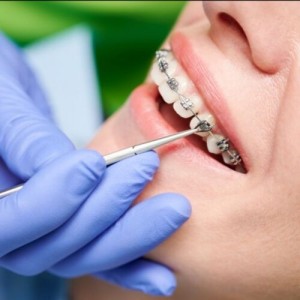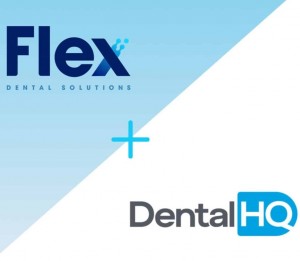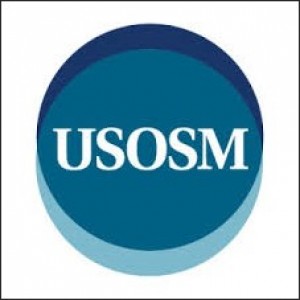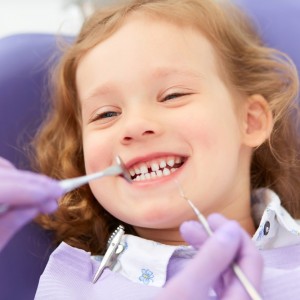
Is there a genetic predisposition to dental caries?
Lara Figini
Dental caries is a chronic biofilm-driven, sugar-dependent disease modulated by multiple factors and represents a global public health challenge with high incidence and prevalence rates.
Some studies have reported an association between dental caries experience and genetics, stating that genes can function as risk or protective factors for caries. But in the scientific literature, there is no agreement on this topic, so much so that other studies have shown that environmental factors overlap with genetics from prenatal life.
Considering that monozygotic twins (MZ) have identical genetic codes, while dizygotic twins (DZ) share only a part of their genes, comparative studies between them have become relevant to estimate the participation of genotype and environment in the occurrence of dental caries in the population.
Materials and methods
In a systematic review published online in June 2023 in the Journal of Dentistry, the authors evaluated the coincidence of the presence of dental caries between monozygotic (MZ) and dizygotic (DZ) twins.
The research team conducted a systematic review through the following databases: Embase, Medline-PubMed, Scopus, Web of Science and through hand searches and gray literature Google Scholar® and Opengray.
Observational studies evaluating dental caries in twins were included. The risk of bias was analyzed using the Joanna Briggs checklist. Meta-analyses were performed to assess pooled probabilities and to estimate concordance values of dental caries experience and DMF index between twin pairs (p < 0.05). The GRADE scale was used to assess the certainty of the evidence.
Results
The team identified 2,533 studies were identified, of which 19 included in the qualitative analysis, six in the quantitative synthesis, with two meta-analyses in progress. An association between genetics and disease development has been observed in most studies.
In the analysis of the risk of bias, 47.4% showed a moderate risk. Greater agreement on the experience of dental caries was observed in monozygotic twins compared with dizygotic twins in both dentitions (OR: 5.94; 95% CI: 2.00-17.57). However, there was no difference between the MZ and DZ twin groups in the analysis comparing DMF index agreement (OR: 2.86; 95% CI: 0.25-32.79).
The certainty of the evidence was considered low and exceptionally low for all studies included in the meta-analysis.
Conclusions
From the data in this study, researchers concluded that there is a low certainty that genetic factors can influence the onset of caries.
Angela Maria Cardoso dos Anjos et al. "Is there an association between dental caries and genetics? Systematic review and meta-analysis of studies with twins." Journal of Dentistry, Volume 135, 2023, 104586, ISSN 0300-5712, https://doi.org/10.1016/j.jdent.2023.104586.
 Related articles
Related articles
Dental decay is the most common chronic disease of children and it disproportionately affects those living in poverty, but the reasons for this are not clear. Passive smoking may be a modifiable risk...
Oral Hygiene & Prevention 20 August 2025
Personal oral hygiene and dental caries: A systematic review of randomised controlled trials
To conduct a systematic review of randomised trials assessing the association between personal oral hygiene and dental caries in the absence of the confounding effects of fluoride.
Pediatric dentistry 08 April 2025
Oral rehabilitation in pediatric dentistry: a clinical case report
Despite the emphasis and effort devoted to preventive dentistry, massive coronal destruction caused by dental caries or trauma is still seen in pediatric dentistry practice today.
Oral Hygiene & Prevention 15 January 2025
The aim of this study was to assess the influence of dietary and hygiene habits on the prevalence and intensity of dental caries.
Those who have had surgical obesity treatment have a higher risk of dental caries than before surgery. They also often experience a general decline in oral health. This has been shown by a thesis...
 Read more
Read more
News 28 November 2025
Flex Dental Solutions, a leading patient-engagement software and authorized integration vendor for Open Dental users, today announced a new strategic relationship with DentalHQ, a premier...
News 28 November 2025
The Accreditation Association for Ambulatory Health Care (AAAHC) has accredited two additional U.S. Oral Surgery Management (USOSM) partner practices. They are North Sound Oral & Facial Surgery...
Pediatric dentistry 28 November 2025
Retrospective Review of Pediatric Oral Lesions from a Dental School Biopsy Service
This report presents a review of the results from 5457 biopsies of patients, 0-16 years of age, received over 15 years at the University of the Pacific School of Dentistry
Editorials 28 November 2025
RE-JOIN research project receives $1.4 million extension to advance joint pain research
A research team co-led by University of Michigan School of Dentistry faculty member Joshua Emrick has received substantial extended funding from the National Institutes of Health (NIH), paving the...
Products 28 November 2025
DEXIS has announced the results of new independent radiation testing for its handheld, portable X-ray system, NOMAD™ Pro 2.














